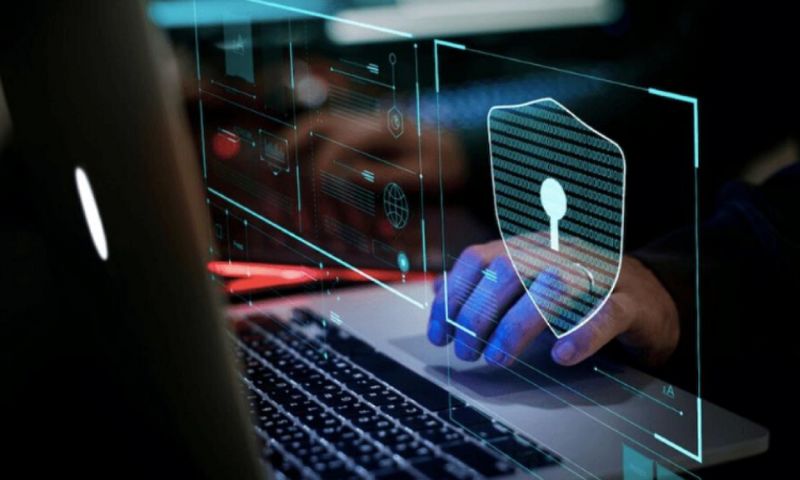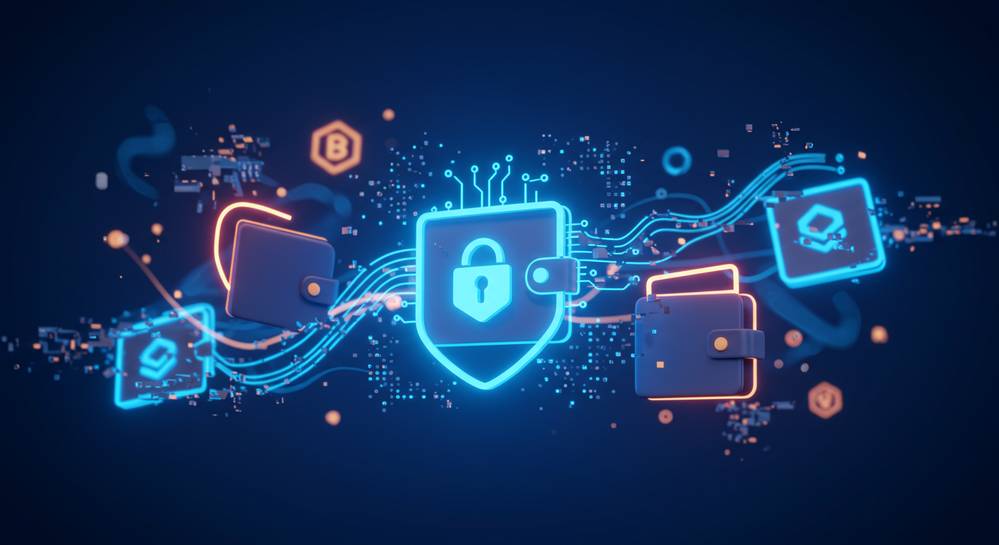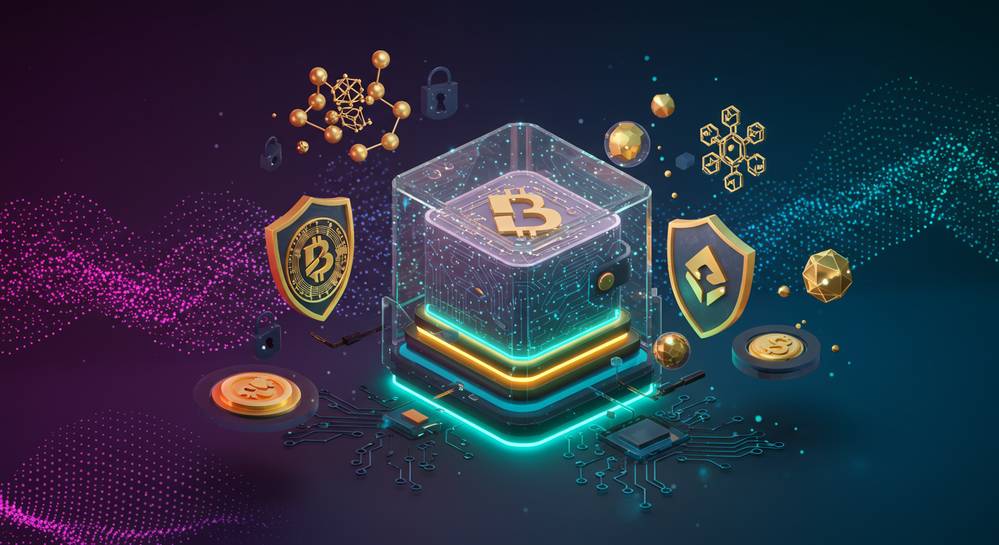Importance of Strong Passwords: Your Crypto Wallet’s Unseen Guardian
Imagine your crypto wallet as a vault filled with precious coins. Now, what if the lock was weak? It’s clear, the importance of strong passwords for crypto wallets is huge. They shield your digital treasures from theft and hacking. Without them, you’re inviting trouble. Strong passwords act as invisible warriors, fighting off attacks that threaten your investment. So, let’s dive deep. This is your guide to building an unbreakable barrier for your wallet.
Understanding the Basics of Crypto Wallet Security
The Critical Role of Password Strength
You love your crypto wallet. It’s like a safe for your digital gold. But imagine a safe with a weak lock that anyone could open. Not that safe, right? Well, a weak password on your crypto wallet is like that flimsy lock. Password strength is key to keeping your crypto safe. Strong passwords act as unseen guardians for your valuable digital assets.
What makes a strong password for a crypto wallet? It should be long and unique, a mix of letters, numbers, and symbols. And guess what? Your pet’s name is out. So are easy dates, like your birthday. Hackers love these because they are like candy: sweet and easy to grab.
Why do strong passwords matter? Because the world of crypto is full of smart bad guys. Picture them as ninjas, always sneaking, looking for a tiny crack to slip through. A strong password keeps the door shut tight.
Essential Password Complexity Requirements
Now, let’s talk nuts and bolts about password complexity. Passwords are your first defense against cyber bullies. They make sure no one else can access your crypto wallet. Complexity means your password must dodge common traps. Simple patterns, repeat words — these are gifts to hackers. “1234” or “password” might as well be a welcome mat.
What are these hackers using? Brute force or dictionary attacks. Imagine a thief trying every key on a ring to open your door. This is what brute force looks like in the digital world. Dictionary attacks are smarter. Hackers use software that tries every word in the dictionary at your wallet’s door.
Here’s the deal: long passwords are harder to crack. Think of 12 characters as a good start. Use different character types to pump up security. This means, mix upper and lowercase letters with numbers and symbols. Stay away from common phrases and go for something only you would know.
Remember: strong passwords are tough nuts to crack. They keep your crypto treasure locked away from the bad guys. Use strong, complex passwords to keep your crypto safe and sound. Protect your wallet like you would protect a dragon’s hoard!
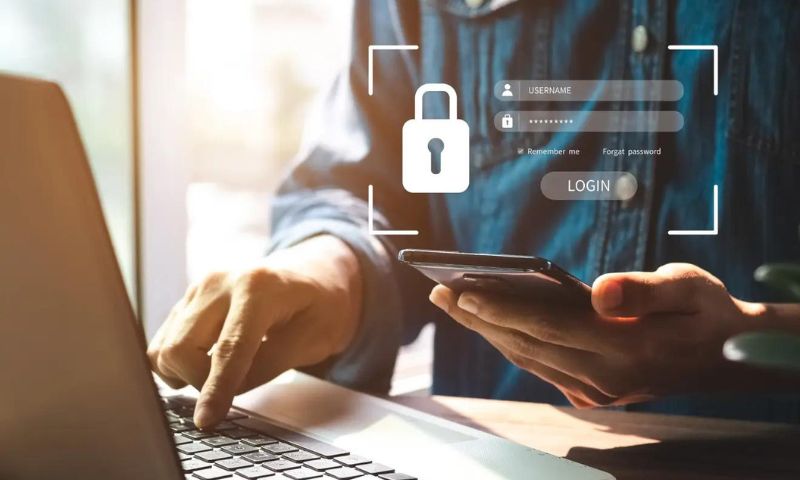
Advancing Your Wallet Protection with Encryption and Multifactor Authentication
Encryption Protocols for Securing Digital Assets
Encryption is like a secret code for your crypto wallet. It scrambles your data so only you can read it. When you use encryption, even if someone gets your info, it’s useless to them. It’s a lock only you have the key for. Mobile wallets often use strong encryption to keep your digital cash safe. To keep your coins extra safe, you must have a password that no one can guess.
Think of your password as the key to this lock. Make it unique. Mix up letters, numbers, and symbols. Make sure it’s long, too. The more, the better, but keep it at least 12 to 16 characters.
A tip for a strong password: use a phrase you can remember. Maybe it’s your favorite dish with numbers and symbols, like “Tacos!TuesDay1982.”
Implementing Multifactor Authentication for Enhanced Security
Multifactor authentication (MFA) is like adding an alarm to your lock. It uses more than one check to make sure it’s you. For example, you sign in with your password, and a code gets sent to your phone. That’s two checks – something you know and something you have. It adds a layer of security to your wallet.
This method stops most hackers, even if they have your password. To break in, they need your phone too.
Most good wallets offer MFA. Use it for better safety.
One common type of MFA is two-factor authentication (2FA). It can send codes to your phone or email. Sometimes, you can even use an app for codes. There are other forms of second checks, like fingerprints or face scans. The more factors you can combine, the better protected your wallet is.
Remember, you must keep your wallet’s backup phrase secure too. Write it down. Store it in a safe place, like a locked drawer or a safe. Never share it online or with others.
Passwords matter. Use strong ones and keep updating them. Add secret codes and alarms using encryption and MFA. These steps help you sleep at night, knowing your digital cash is safe.
Mastering Password Management to Safeguard Your Investment
Utilizing Password Generators and Management Tools
Let’s talk passwords. They’re like the secret handshake to your digital vault. But creating a strong one? It can be tough. That’s where password generators shine. They create tough-to-crack passwords for you. No more “password123” weak links. Secure your crypto with random, complex chains no one could guess. Make sure you use password generators for wallets every time.
Why use these tools? They help you hold on to different passwords. Think of them as your personal password keepers. You won’t need to cram your brain with every key to every lock. They store them safe and sound. With these tools, your digital coins stay protected.
The Imperative of Regular Password Updates and Recovery Strategies
Change is good, especially with passwords. Hackers never rest, and neither should your security steps. Switching up passwords scares off those cyber thieves. But don’t wait for a full moon to do it – make updates regularly. Always keep your locks fresh.
Ever thought about losing a password? Nightmare, right? That’s why a wallet recovery phrase matters. It’s your plan B, your safety net. These phrases let you regain access, even if your memory fails you. They’re the unsung heroes, holding the keys to your crypto kingdom.
Follow these steps. You’ll make your wallet a fortress. And you’ll sleep like a log, knowing your investment is secure. Trust me, as a pro in this field, these moves are your best defense. Protect financial investments by being sharp and strategic. Your future self will thank you.
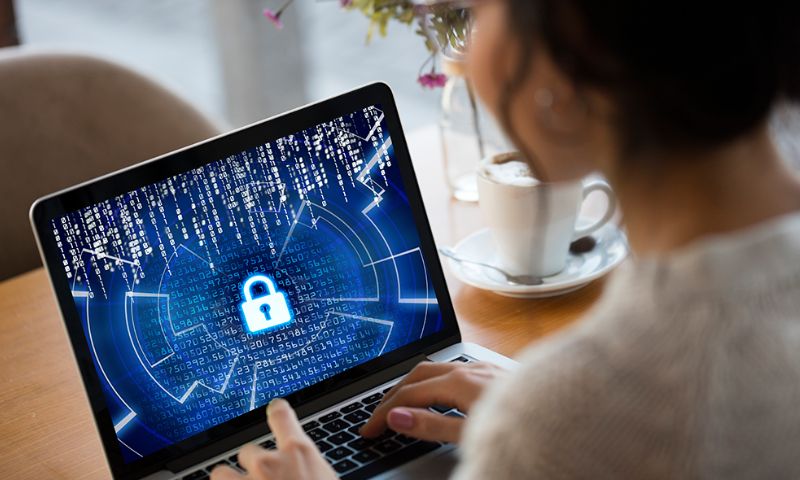
Staying a Step Ahead: Preventing Unauthorized Access and Hacking
Strategies to Combat Brute Force and Dictionary Attacks
Hackers love weak passwords. They use brute force or dictionary attacks to crack them. Here’s the simple truth: using strong, complex passwords is your defense. You might ask, “What’s a brute force attack?” Well, it’s when hackers try every possible password until they find the right one. And a dictionary attack? That’s when they try words from dictionaries, including common password lists. To beat them, create passwords that mix letters, numbers, and symbols. Make them long, too—think more than 12 characters. Avoid actual words or names. An example might be something like “T3rB$!yZ8%aQ”. It’s like a secret code only you can crack!
When you pick a passphrase, which is like a longer password, get creative. Use a string of random words that mean something to you. Imagine “purple-cactus-battery-staple” but with your own twist. Keep the passphrase to yourself, just like a key to a treasure chest. Do you use password generators? If not, start now. They’re great for cooking up strong passwords fast. And don’t use one password for all accounts. That’s like having one key for every lock!
Best Practices for Password Confidentiality and Biometric Security Options
Your passwords are like gold. Keep them secret, keep them safe. Never share them. Not with friends, not over the phone, not even on text. Scammers might try to trick you. Don’t fall for it. It’s called phishing, and it can lead to big problems. Always check links are legit before you click. What about biometric security? That’s using your fingerprint or face to log in. It’s super secure because, well, your face is your face. Nobody else has one like yours. Plus, it’s quick and easy.
If someone tries to peek at your password, change it. This is one time when change is good. Just like fresh socks, change passwords often. Mark a date on your calendar as a reminder. Always back up your wallet with a recovery phrase, too. Write it down. Keep it in a safe, like where you hide your favorite snacks from your siblings. Remember, if you lose it, it’s like losing a key to your safe. For double the security, use two-factor authentication. Each login needs two checks. That way, it’s twice as hard for a sneaky hacker to get in.
Crypto isn’t just about the money; it’s about being smart with your secrets. Your passwords. Your face. Your finger. Protect them like a dragon guards its gold. When you do, you’ll be a true guardian in the wild world of crypto!
In this post, we’ve dug into crypto wallet security, starting from strong passwords to advanced steps like encryption and multifactor authentication. We learned that creating complex passwords and keeping them safe is just the start. Next up, encryption and multifactor authentication are your allies in protecting your digital coins. If you manage your passwords smartly, with generators and updates, you’re on track. Remember to stay sharp, fight off hacking attempts, and keep your password know-how just to yourself, maybe even use your face or fingerprint to lock things down tight. Take these tips, protect your investment, and keep your wallet as secure as Fort Knox!
Q&A :
Why is it important to have a strong password for my crypto wallet?
Having a strong password for your crypto wallet is essential for safeguarding your digital currency. Unlike traditional banking systems, cryptocurrency wallets are not insured or protected by institutions; therefore, the security of your wallet solely depends on the strength of your password. Strong passwords deter unauthorized access, reduce the risk of theft, and provide a critical layer of security against various cyber threats, including brute force attacks and phishing attempts.
How does a strong password protect against hacking?
A strong password for a crypto wallet acts as a robust defense against hacking attempts. Hackers often use strategies such as brute force attacks—trying thousands of possible password combinations—to gain access to digital accounts. By creating a complex password that includes a mix of letters, numbers, and symbols, and avoiding common words or predictable sequences, the number of potential combinations increases significantly, making it exceedingly difficult for hackers to crack your password.
What are the best practices for creating and managing strong crypto wallet passwords?
When creating strong passwords for crypto wallets, it’s important to follow best practices:
- Length and Complexity: Your password should be at least 12 characters long and include a mix of upper and lowercase letters, numbers, and symbols.
- Unique Passwords: Use a different password for each wallet or account to prevent a breach in one account from compromising others.
- Password Managers: Consider using a reputable password manager to generate and store your passwords securely.
- Two-Factor Authentication (2FA): Always enable 2FA where available for an additional security layer.
- Regular Updates: Change your passwords regularly, especially if a security breach is reported.
Can I recover my crypto wallet if I forget a strong password?
Recovering access to a crypto wallet after forgetting a strong password can be incredibly challenging, if not impossible, depending on how the wallet is set up. Some wallets may provide a recovery phrase or seed phrase that can restore access; however, if you lose both your password and recovery information, the assets within the wallet may be permanently lost. It’s crucial to have a secure backup method for your password and recovery phrase.
What are some common mistakes to avoid when setting up a crypto wallet password?
To maintain the security of your crypto wallet, you should avoid common mistakes such as:
- Simple Passwords: Avoid using easily guessable passwords, such as “password123” or “abc123”.
- Personal Information: Refrain from using personal information, like birthdays or names, that can be found easily by potential attackers.
- Reusing Passwords: Do not use the same password across multiple sites or wallets.
- Writing Down Passwords: If you must write down your password or recovery phrase, store it in a secure location not easily accessible to others.
- Sharing Credentials: Never share your crypto wallet password or recovery phrase with anyone.

